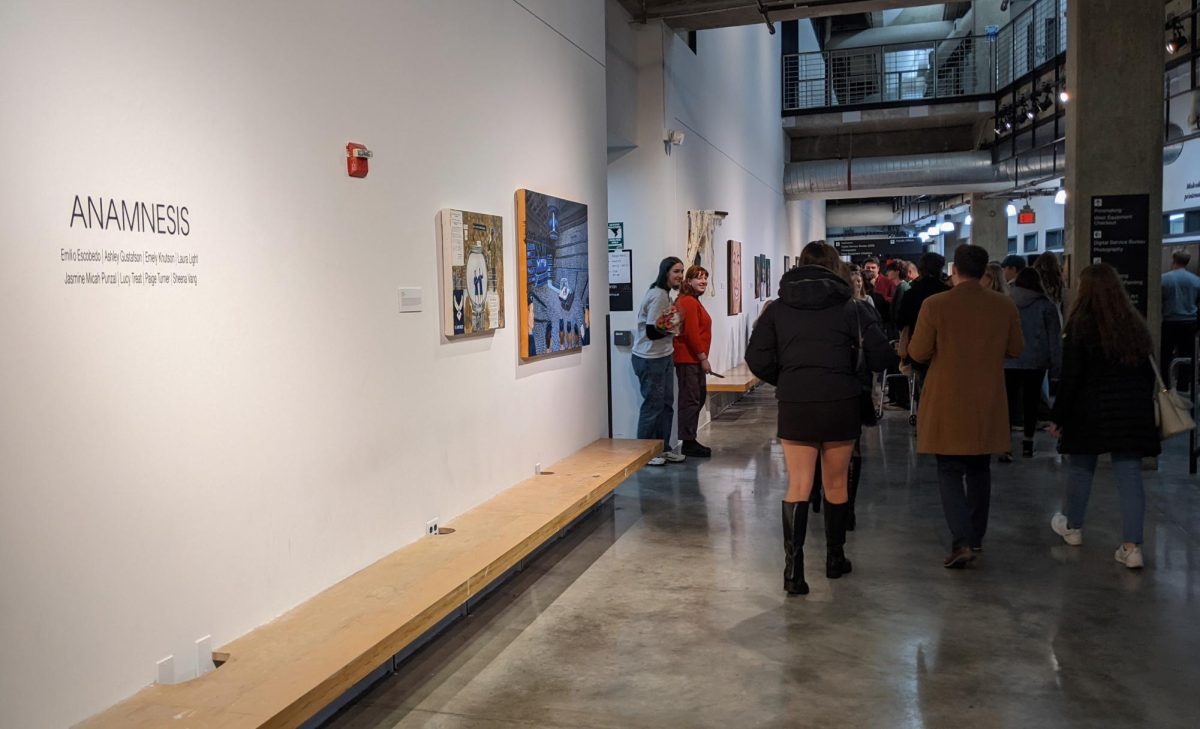Tell the story of an adolescent’s naturally developing skepticism about her father, his religion and his politics, and her equally natural struggle to square that with her genuine affection for a man she grows to realize is, like any other parent, flawed.
Make that child Rasputin’s daughter, and the backdrop revolutionary Russia in 1916, and you have Robert Alexander’s latest creation: A novel that weds family strife to political strife and the questioning of family convention to the questioning of state tradition.
Alexander is the pen name of Minneapolis resident R.D. Zimmerman. His first book, “The Kitchen Boy,” was a bestseller. “Rasputin’s Daughter” takes up the story of the same revolution through different eyes and a bit of literary license.
Alexander received his degree in Russian language and creative writing before working for the U.S. government in the former U.S.S.R. His travels and study of Russian history and language resonate in “Rasputin’s Daughter.” Alexander sprinkles Russian words, for which he includes a glossary, throughout the text. The descriptions of St. Petersburg make clear that Alexander has walked this city.
A wide berth of historical fiction lines bookstore shelves nowadays ” some of it more faithful to history than others. Alexander has chosen a delicate balance of fact and fiction. For him, the truth of a period can lie beyond its facts.
“Obviously, the most important thing to have on your bookshelf is a history book because it has all the facts,” he said. “But if you back it up and ask, “Who made the facts but people,’ I think you get a very different dynamic, a very human understanding of the people who made the decisions that then became facts.”
That kind of dynamic can come only with eyewitness accounts. And Alexander created them from a few of history’s characters. He was intrigued to find that the enigmatic Rasputin had sired a daughter, Maria, who escaped Russia and came to the United States, where she became a lion tamer before dying in Hollywood in 1977.
Likewise, he discovered that Alexander Blok, “the John Lennon of the time,” was involved in ferreting out the murderers of Rasputin. The book focuses on these two historical characters to reveal a portrait of Rasputin through his daughter’s eyes.
That portrait isn’t always pretty. Alexander doesn’t ignore reports of Rasputin’s debauchery. Nor does he apologize for the shaman’s more eccentric religious beliefs.
In fact, the journey of Maria’s unquestioning reverence for her father through revulsion and hatred and back to reconciliation is in many ways a universal child-parent dynamic.
As such, we see a wholly human and flawed man who, at least to his daughter, possessed a mysterious power. Thus, Alexander is able to wade from history into a compelling narrative.
“You have to take that leap… It’s a dramatization,” Alexander said. “And what you hope to capture, with a certain amount of integrity as a writer, is how these people were struggling and what it was they were struggling with.”
The historical mystery’s ending can be spoiled by a quick look in a history book. But Alexander releases information slowly and deliberately. An unexpected surprise waits for readers, even those who know who killed Rasputin.
The author sees more potential for the period and said he hopes to write again about the revolution. What captivates him? “The extreme of human condition, the extreme of emotion, what it was that was lost and what it was that was gained,” he said.
“The Russian Revolution really is a paradigm for human loss and suffering.”







